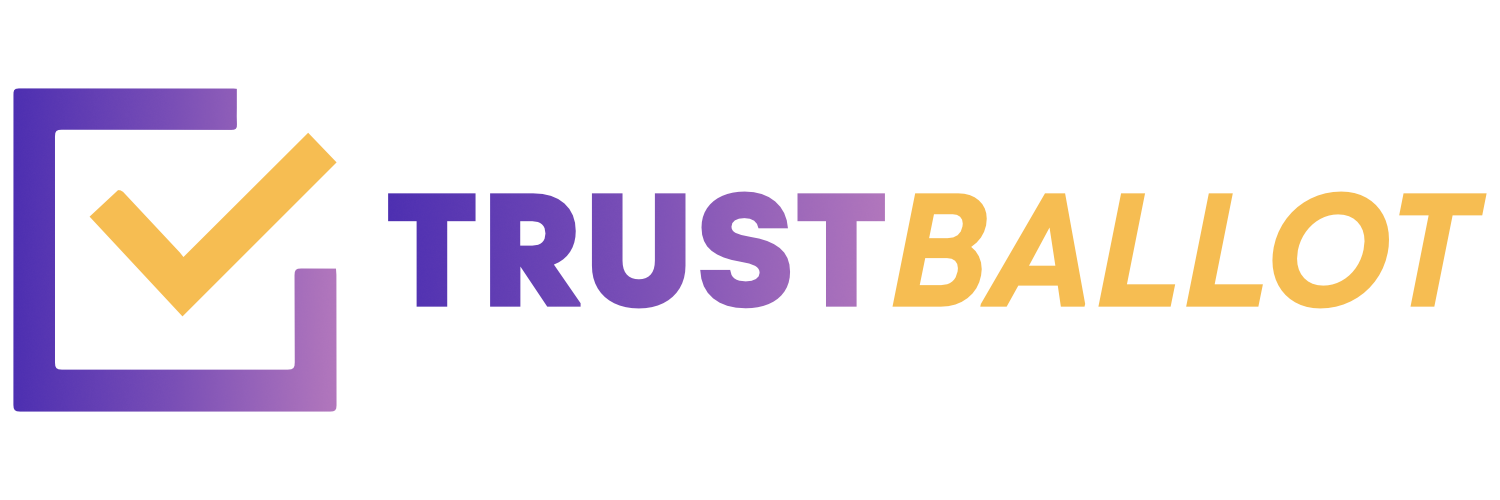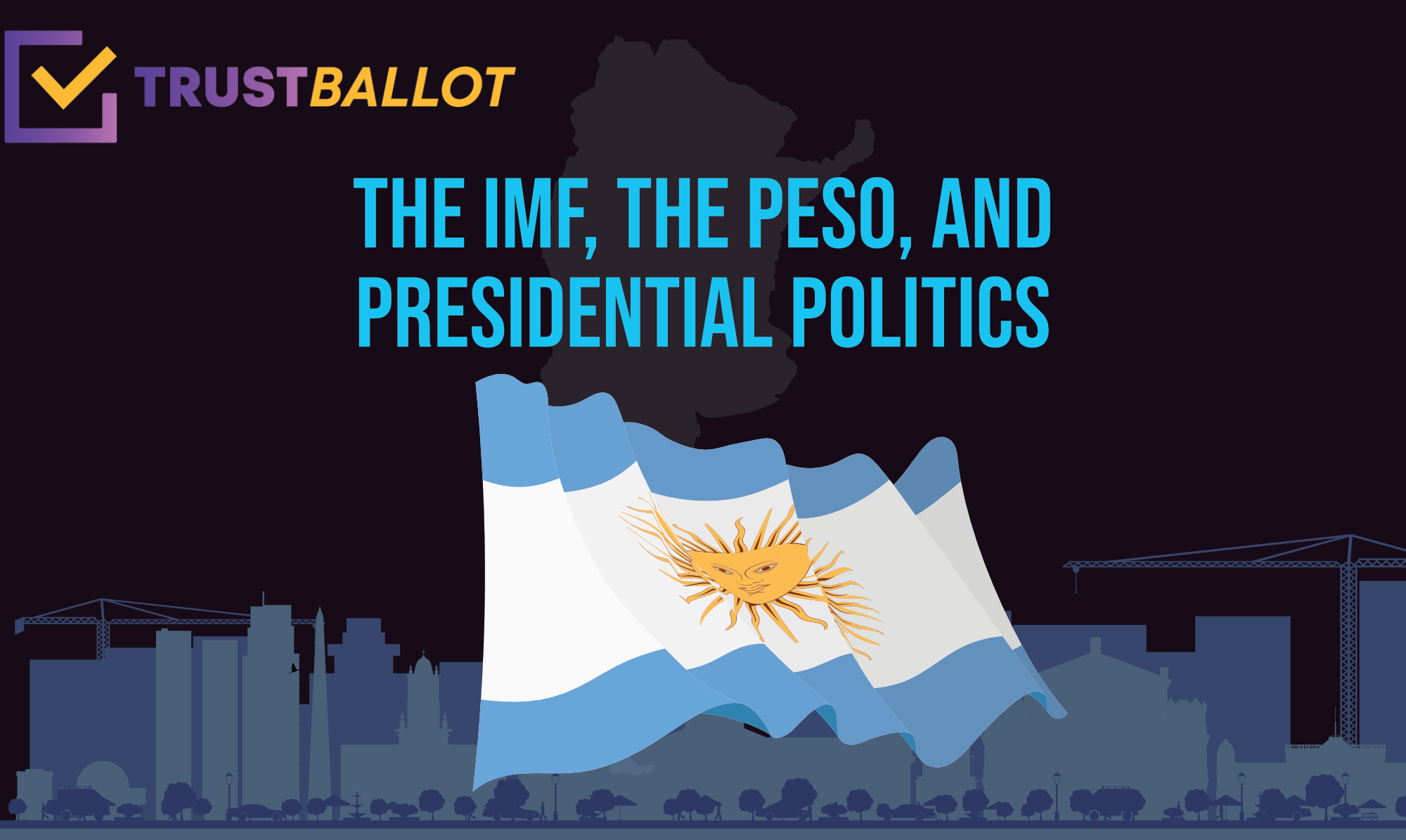The IMF, the Peso, and Presidential Politics
Argentina currently faces a precarious economic situation, marked by an inflation rate exceeding 120%, looming recession, and escalating poverty rates. This challenging backdrop makes the palpable voter urge for leadership change in the upcoming presidential elections understandable. However, the rising prominence of Javier Milei, a far-right contender, is concerning for many.
Milei, who recently celebrated a win in the primary elections, stands as a significant contender for the presidency. He opposes Argentina's welfare-centric economic model, advocating instead for free-market approaches inspired by economist Milton Friedman. Milei argues that the country's inflation is a consequence of an excessive circulation of the Argentine peso. To counter this, he proposes reducing state interference and embracing the dollar as the nation's currency. Despite many experts challenging Friedman's perspective, Milei's belief remains unwavering.
Contrary to Milei's views, Argentina's financial woes aren't merely a product of domestic fiscal strategies. The country's heavy reliance on US dollar loans became evident when, in July, it almost defaulted on these loans. A subsequent bailout by the International Monetary Fund (IMF) and the efforts of Economy Minister Sergio Massa averted a catastrophe. Massa ascribes Argentina's economic challenges to unforeseen environmental events, like droughts affecting dollar exports. His handling of the economic situation will likely influence the electoral outcome.
Instead of rigidly adhering to the austerity measures proposed by the IMF, Massa has adopted alternative strategies. These include raising interest rates to enhance the peso's appeal against the dollar, tax breaks for the less privileged, and augmenting public spending. His tactics resonate with economist Matías Vernengo's criticisms of the IMF, suggesting they prioritize international lenders over the Argentine populace.
Historically, Argentine politics has revolved around two dominant groups, tracing back to the leadership of Néstor and Cristina Kirchner from 2003 to 2015. This conventional dichotomy, though, is undergoing shifts. The line between Kirchnerism and anti-Kirchnerism is becoming nebulous for many Argentinians, especially those contending with economic strains and inadequate public services.
Milei's political trajectory and its potential impact on Argentine democracy has stirred apprehension. The fervor of his ardent followers, some of whom associate with US far-right symbols, and controversial remarks from his political partner have raised eyebrows. However, the opposition isn't silent. Milei's anti-abortion views, for instance, have rallied feminist groups against him. But the widespread disenchantment with established political forces and general apprehensions about the nation's trajectory could benefit outliers like Milei.
In these turbulent times, it's imperative for Argentina's electorate to emphasize electoral transparency and select leaders with the broader national interest in mind.

